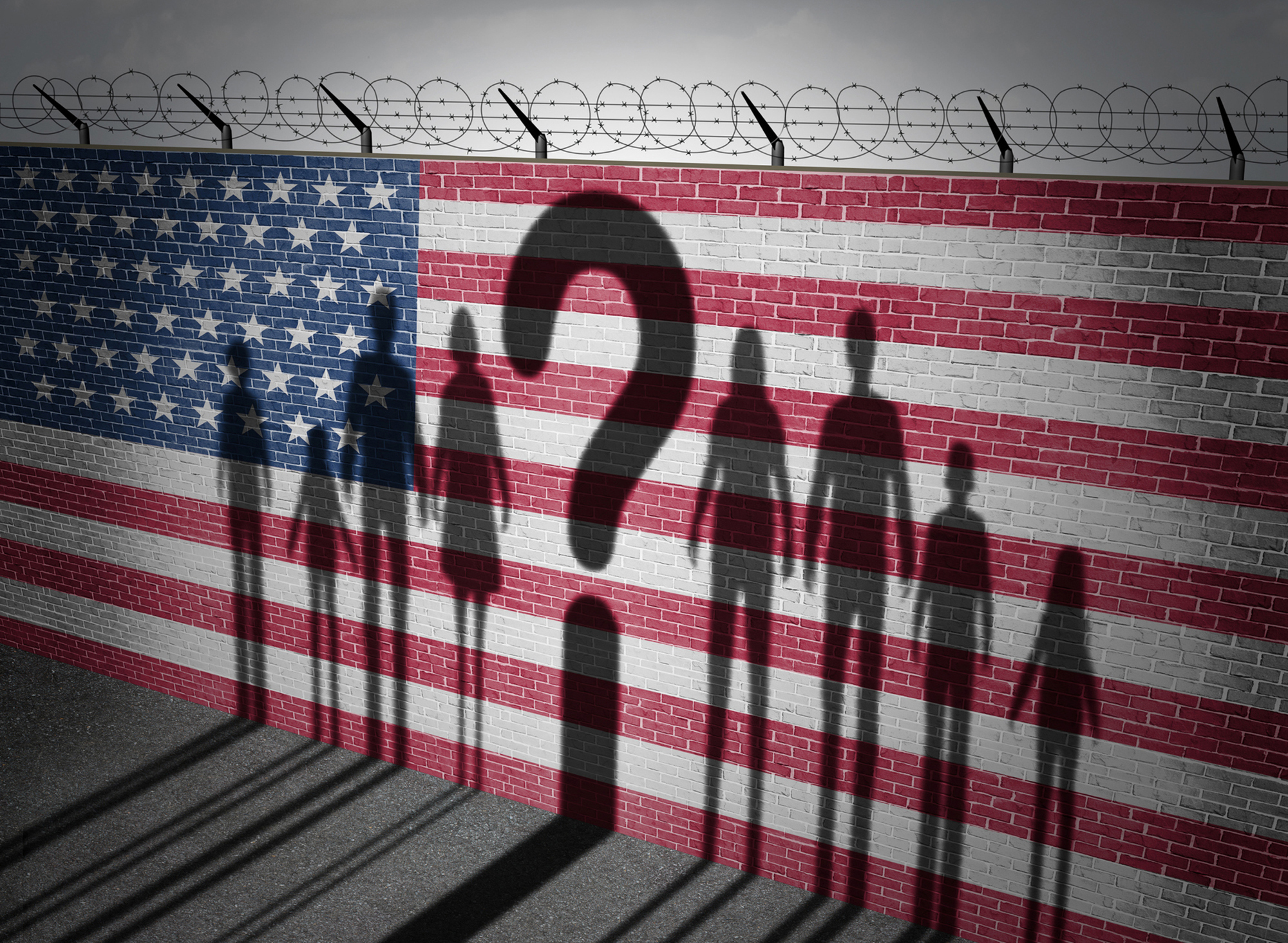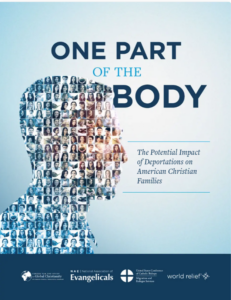
SAN ANTONIO (BP)–Christians are facing two major threats to their belief system –- Islam in the East and Western society’s abandonment of a belief in absolute truth, Chuck Colson, founder of Prison Fellowship, said June 10 in San Antonio.
“I can’t imagine any time in history when you would look around as a Christian and see a world that is filled with more danger than the world in which we live today,” Colson said at the Southern Baptist Convention Pastors’ Conference prior to the SBC’s June 11-12 annual meeting.
While Colson touched on the threat posed by Islam -– a belief system he described as using conquest to advancing its cause — he focused his address on the culture war that American Christians face at home.
Colson cited statistics indicating that two-thirds of Americans believe there is no such thing as moral truth. Such a belief manifests itself in moral decay and anarchy, which Colson said is happening in the United States.
While atheists in years past were content to disbelieve in God privately, Colson said a new breed of intellectual atheists has emerged to promote the lie that Christianity is dangerous to society and should be restrained by the government.
“We’re up against a vicious attack by neo-atheists,” Colson said, citing the immense popularity of such recent books as “The God Delusion” by Richard Dawkins. “This is a virulent strain of atheism that seeks to destroy our belief system.”
To engage the culture and counter the prevailing belief that truth is relative, Colson said Christians must do better at explaining, in a winsome way, what they believe and why they believe it. To start, Christians must understand that Christianity is more than simply a personal relationship with Jesus, Colson argued.
“We have to understand that Christianity is a worldview,” Colson said. “Christianity is a way of seeing all of life and all of reality. It’s the way of understanding ultimate truth.”
Christians’ purpose, therefore, is to restore fallen culture to the glory of God and bring Christianity to bear in every single area of life, Colson said. But beyond understanding Christianity in its entirety, he said Christians must be faithful to pass their beliefs to their children.
“What is wrong with us when kids are being raised to believe there is no such thing as truth?” Colson asked. “That’s the end of the Christian Gospel if we can’t make a truth claim in our culture today.”
Too many young evangelicals think the Gospel is dull, Colson said, because churches haven’t taught it adequately. He lamented any tendency within the contemporary emerging church movement toward “abandoning a belief in truth” for “conversations in coffee shops” in which people share their various spiritual journeys.
The Christian faith is not dry, dusty doctrine, Colson said, but a compelling story of Jesus Christ, the God-man, coming to the world to redeem sinful people.
In contrast to Americans’ response, Colson pointed to one part of the world where the Gospel is taking off -– third-world countries.
“The excitement of that moves them,” he said. “We’ve taken it all for granted.”
In engaging the culture with their message, Christians must take the Gospel into every walk of life, bringing the righteousness of Christ to bear on every part of God’s creation, Colson said.
“Do not despair -– ever –- no matter what happens around us,” Colson said. “Despair is a sin because it denies the sovereignty of God.
“All He’s asking us to do is fight the good fight,” Colson continued. “The results will then be in His hands.”
–30–













